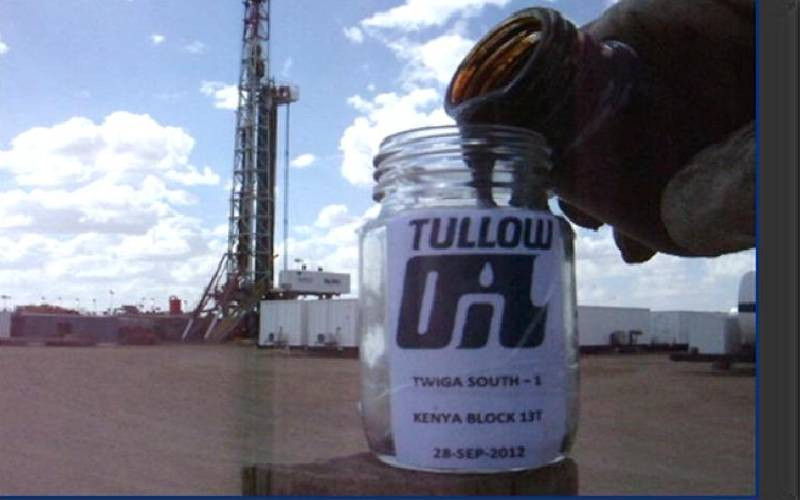×
The Standard e-Paper
Read Offline Anywhere
The Sh9 billion protracted tax row between the government and Keroche Breweries Ltd has elicited various responses in recent weeks.
The matter has been highly publicised since the ruling by the Tax Appeals Tribunal regarding disputes filed in 2017.







